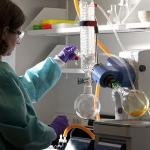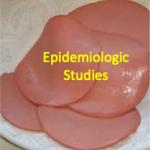This is the second part of a two-part series. Read part one here.
meta-analyses
The validity of much published scientific research is questionable – so how much trust should we place in it?
Some scares never go away no matter whether there is a remotely plausible basis for the scare (maybe asbestos in talc) or pure insanity (vaccines causing autism).





